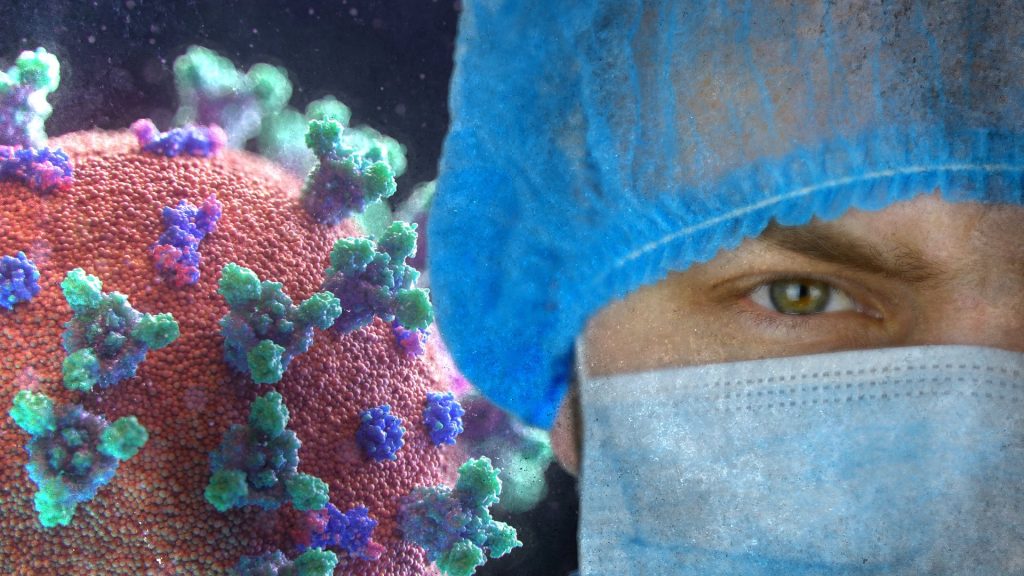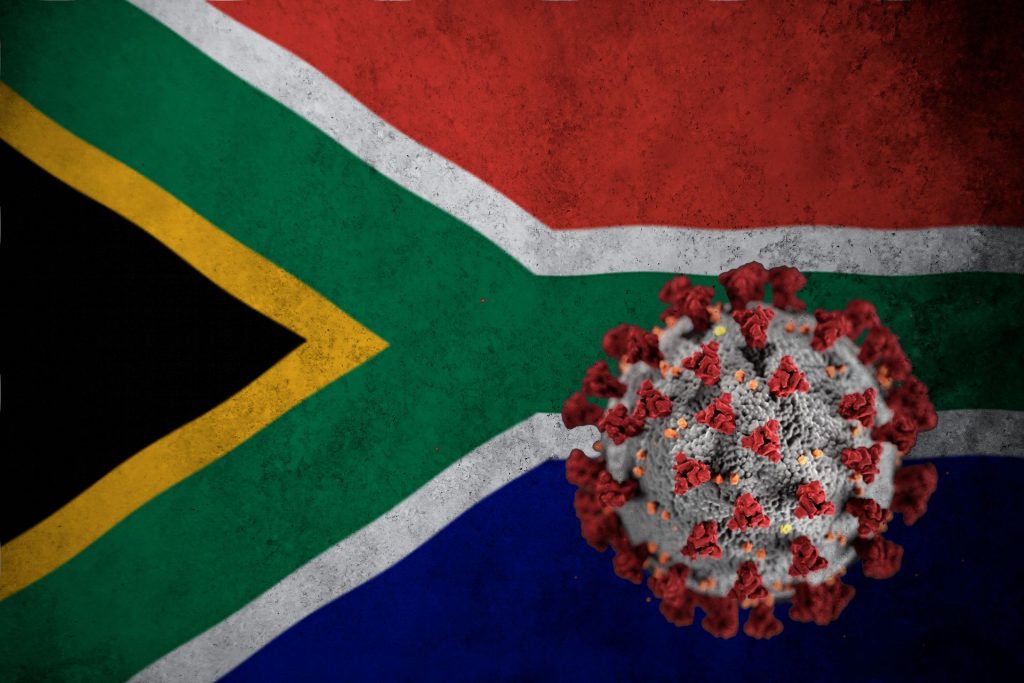Netcare Reports Less Severe COVID in Fourth Wave

In a news release by Netcare, the company’s CEO Dr Richard Friedland said that more than three weeks after the discovery of the new Omicron variant in South Africa, data across its hospitals and primary healthcare facilities are demonstrating important early trends.
“Having personally seen many of our patients across our Gauteng hospitals, their symptoms are far milder than anything we experienced during the first three waves,” commented Dr Friedland.
“Approximately 90% of COVID patients currently in our hospitals require no form of oxygen therapy and are considered incidental cases. While we fully recognise that it is still early days, if this trend continues, it would appear that with a few exceptions of those requiring tertiary care, the fourth wave can be adequately treated at a primary care level.”
Rates of community transmission and hospital admission possibly decoupled
During the first three waves, the rate of hospital admissions rose in tandem with the rate of community transmission (the number of people testing positive). Dr Friedland noted that, in the first three waves of the pandemic, Netcare treated 126 000 COVID patients across its 49 acute hospitals, of which 55 000 (44%) patients required admission and 26% of these patients were treated in High Care and Intensive Care (ICU). Significantly, all COVID patients admitted were sick and required some form of oxygen therapy. The high admission rate, as well as the high percentage of patients requiring ICU or High Care indicates the severity of cases during the first three waves.
“As of today we have 337 COVID positive patients admitted (72% in the Gauteng area and 18% in KwaZulu-Natal). Of these patients approximately 10% (33 patients) are on some form of oxygenation versus 100% in the first three waves. Eight of these patients (2%) are being ventilated and of these, two are primary trauma cases that are also COVID positive.”
Netcare’s policy is to test all patients for COVID before or on admission. Patients admitted for other primary diagnoses or surgical procedures who test positive for COVID] but do not require any form of oxygenation are considered to be incidental COVID cases, which currently accounts for 90% of COVID cases now in Netcare hospitals.
“During the first three waves, when the overall community positivity rate breached 26% across South Africa, we were inundated with COVID admissions to hospital. Within Netcare we had over 2000 COVID patients in hospitals during the first wave, over 2 250 patients in hospital during the second wave and over 3000 patients in hospital during the third wave. At present the 337 patients represent a fraction compared to previous waves,” said Dr Friedland.
“The very rapid rise in community transmission as compared to previous waves may partially explain this relatively low hospital admission rate. However, there does appear to be a decoupling in terms of the rate of hospital admissions at this early stage in the evolution of the fourth wave,” suggested Dr Friedland.
Majority of patients unvaccinated
Dr Friedland added that of a total of 800 COVID positive patients that were admitted since 15 November, 75% of patients were unvaccinated. Netcare has seen seven deaths over this period in this group of patients, of which four may be ascribed to COVID. These four patients were 58 to 91 years of age and had significant co-morbidities. Of these patients, three were not vaccinated.
Dr Friedland observed that COVID patients admitted since 15 November are on average younger than those seen during the first three waves. Over 71% are under 50, with an average age of 38.5. This compares to only 40% below 50 in the first three waves, with an average age of 54.
Virtually all patients have presented with mild to moderate flu-like symptoms, including a blocked or runny nose, headache and a scratchy or sore throat and have been treated symptomatically.
Dr Friedland reiterated that the best way to support South Africa remains to take COVID extremely seriously and to be as cautious as ever.


